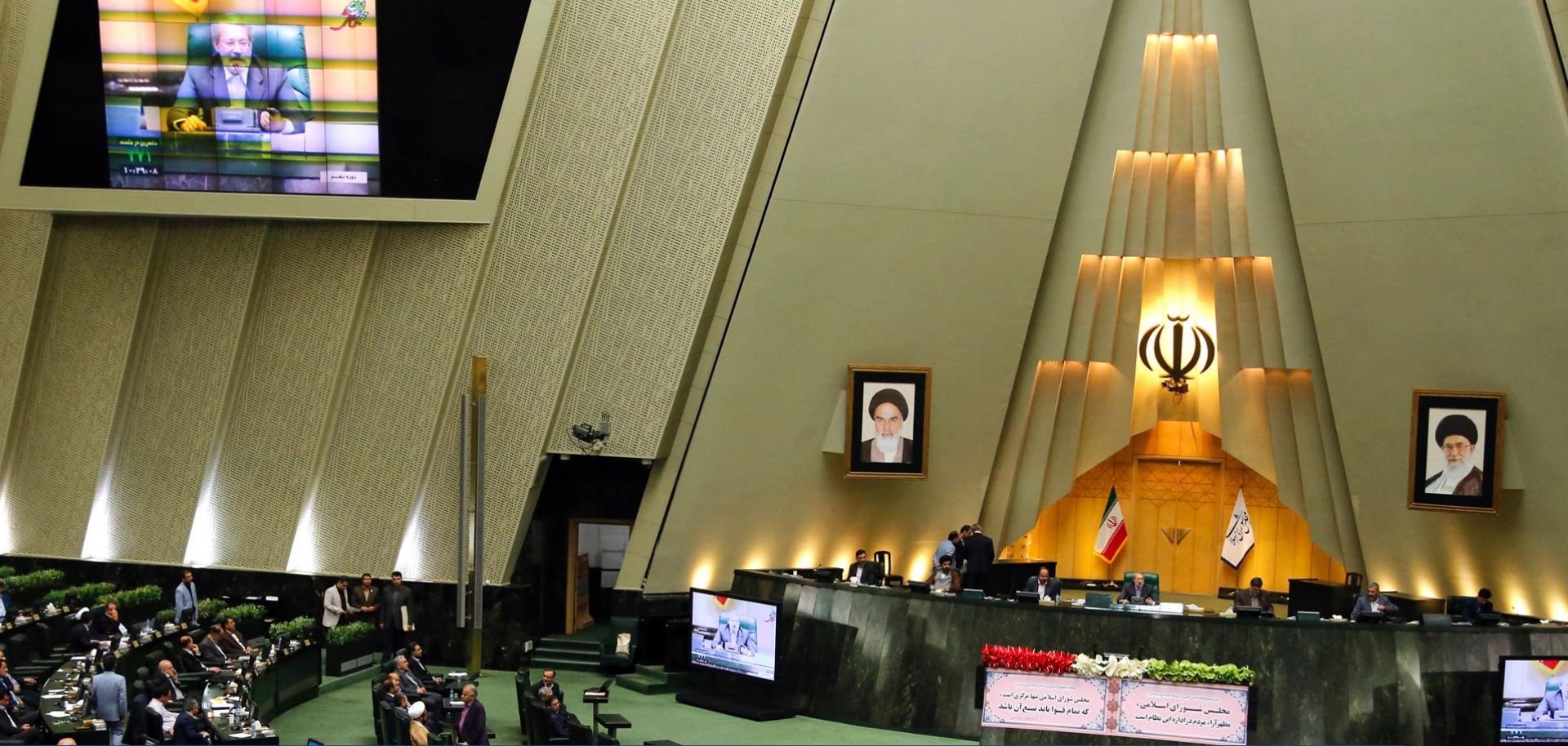Since the 1979 Islamic Revolution, Iran has built a unique democratic-theocratic system with ample room for debate and consultation over key decisions. Still, the country's supreme leader, Ayatollah Ali Khamenei, remains the cornerstone of the system, at the top of a top-down theocratic structure. To attain office, Iran's elected officials must be approved by government bodies appointed by the supreme leader, a process that takes many candidates out of the running. The revelation of Russia's use of Iran's Hamedan air base, in addition to sparking an intense debate over the base's legality, intent and purpose, has raised concerns among Iranian politicians about the reasoning behind the decision. Twenty members of Iran's legislature -- many from President Hassan Rouhani's more moderate conservative faction -- have formally requested a closed-door session on the issue to ask questions about how it came to pass....

